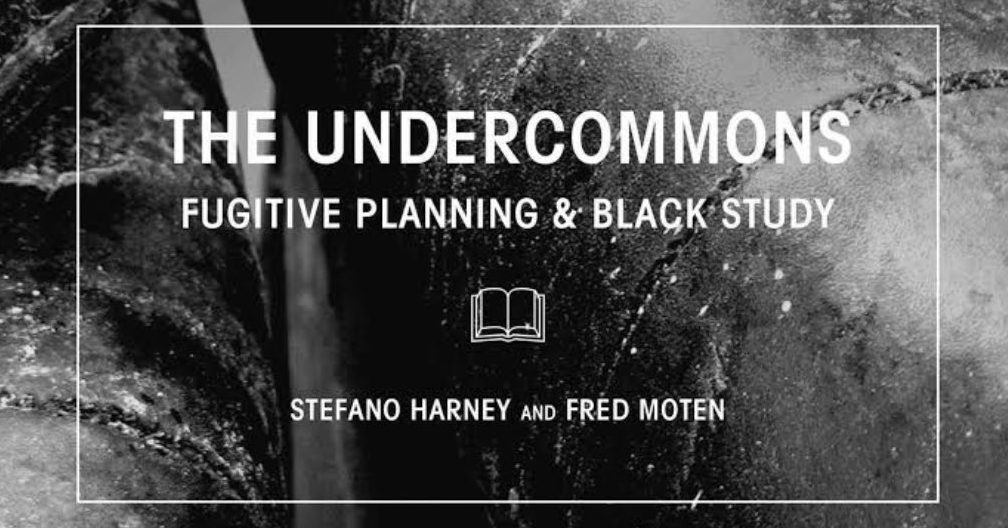We engaged with Fred Moten’s and Stefano Harney’s The Undercommons: Fugitive Planning & Black Study this week in CMRC seminar. Our conversation explored questions of fellowship and listening building off of Moten’s sermon from January 2020. Below are a few reflections we had from our conversation on these texts.
Moten’s call for a politics of study as a way of remaking the academy shows promise in at least one important way. It certainly moves us off of the discourse which dichotomizes academic activism as something “beyond” scholarship. Instead it is about a true “public” scholarship focused on things that matter.
–– Stewart Hoover
Jazz came up throughout today’s discussion and I was reminded of a musical collective called Electric Beethoven. This fellowship of musicians describes itself as “bringing Beethoven’s melodies out of the museum case and re-releasing them into the wild.” Their iconoclastic, improvisational approach to deconstructing, or ‘blowing up,’ the work of such a looming figure from the canon of Western music seems to resonate with several of the themes we discussed. “Rebirth” is a personal favorite from their (2016) debut Beathoven.
–– Art Bamford
While reading Harney and Moten on governance—especially the chapter “Blackness and Governance”—I sketched reflection on what it means for how we think about our relationship to legal structures. It gave me pause to realize how often world-changer types over-identify with their legal identities—as nonprofits, co-ops, the like. The social should precede the legal, not depend on it. To truly self-govern, the chapter helped me realize, we need to ask ourselves what it would take to be ungovernable.
–– Nathan Schneider
In their vision of the university and the Undercommons, Harney and Moten point us to two strategies of Black resistance: abolition and marronage. Through abolition we must dismantle oppressive institutions, but as we do so, we must also engage in marronage: the construction of new communities organised around logics that counter and confound the discipline of white supremacy. Marronage is about civil disobedience, but it is also about cultivating life, practicing fellowship, and envisioning new histories and new futures together.
–– Rachel van der Merwe

